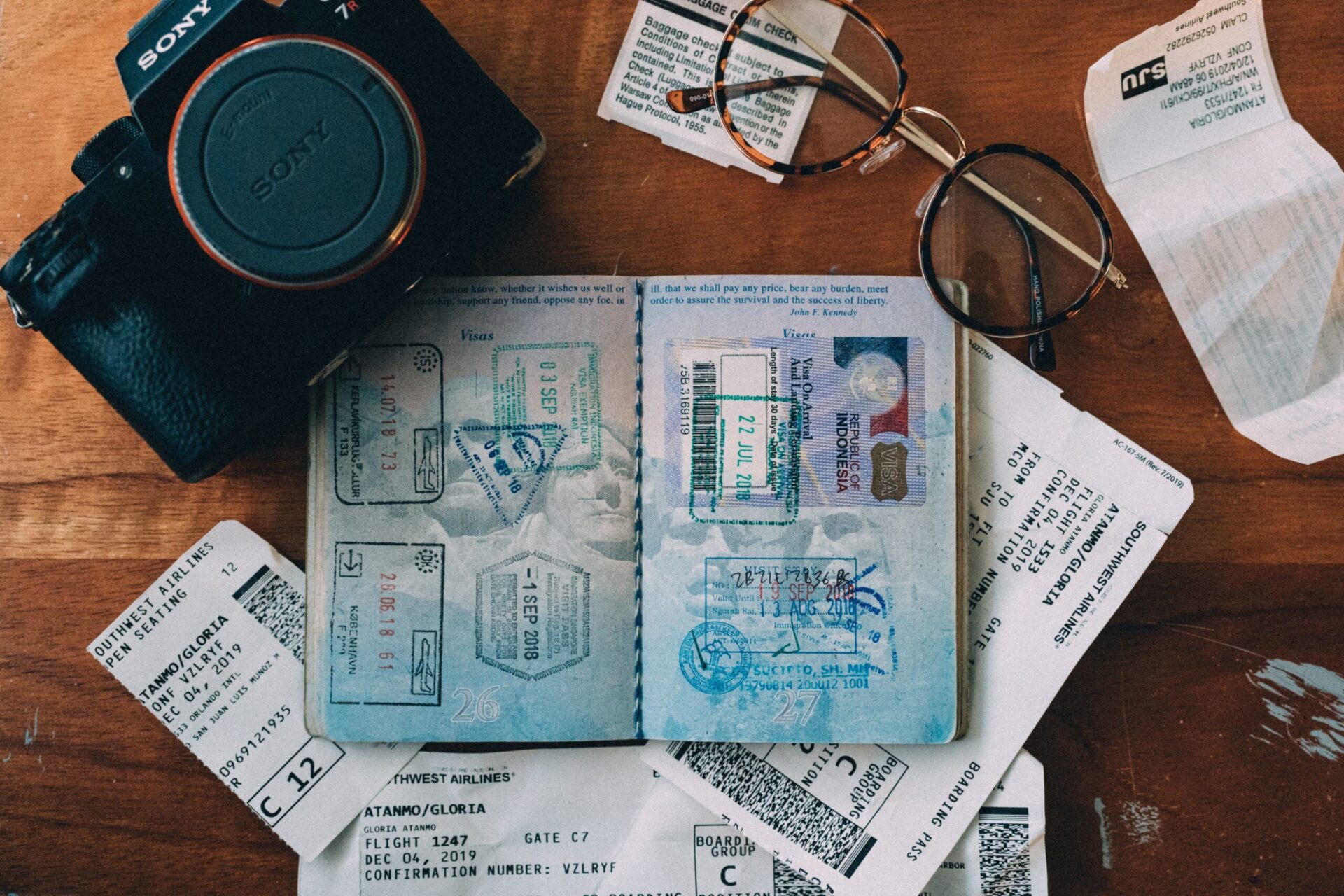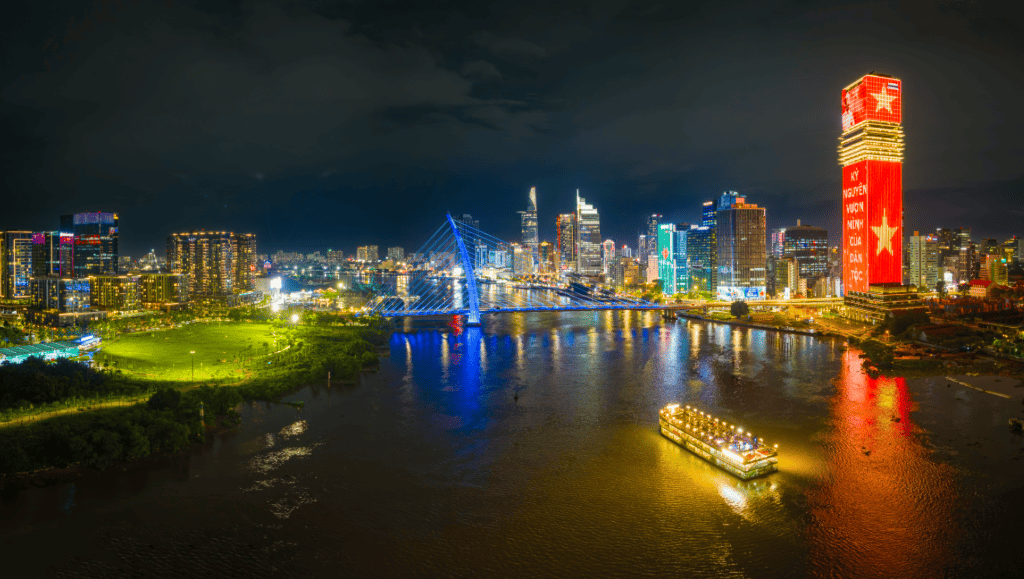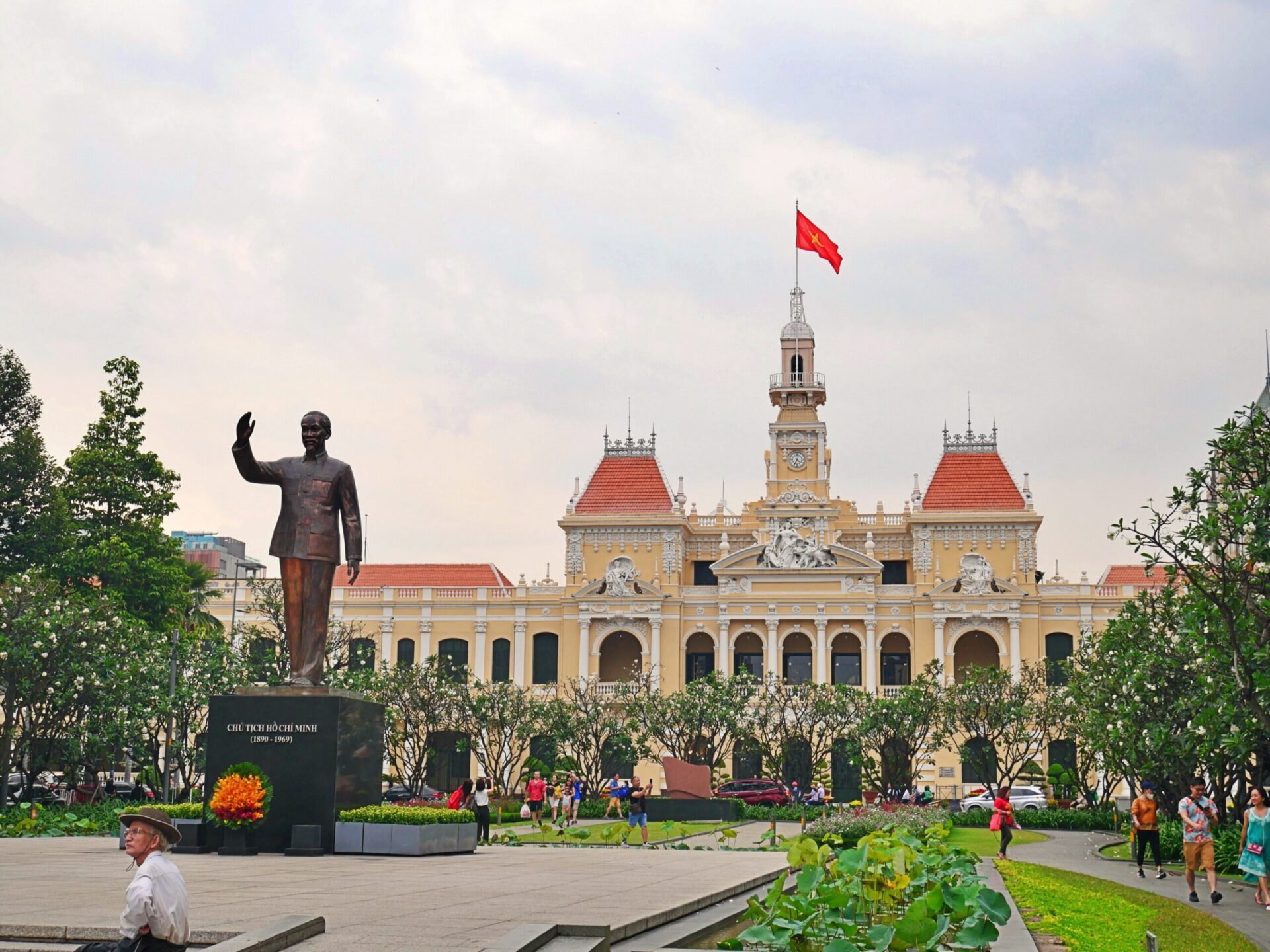Vietnam Visa Guide 2025: Tourist, Long-Term Stay, and Digital Nomads

Vietnam is rapidly becoming a top destination for not only tourists but also remote workers, entrepreneurs, and retirees. With its affordable cost of living, vibrant cities, and growing digital infrastructure, more people are considering extended stays in this Southeast Asian gem. But to make the most of your time in Vietnam, you’ll need to understand the latest visa options in 2025. This guide covers all the essential visa information for tourists, long-term residents, and digital nomads.
目次
1. Entry Rules for Vietnam in 2025
As of 2025, Vietnam continues to ease its visa policies to attract international travelers and digital professionals. The country offers a mix of visa exemptions, e-visas, and traditional visa types, depending on your nationality and purpose of stay.
- Japanese passport holders (and citizens of selected countries) can enter visa-free for up to 45 days.
- Extensions are possible for certain visa types, often up to 90 days.
- E-visas remain available for over 80 countries via online application.
Official e-visa portal: https://evisa.xuatnhapcanh.gov.vn
2. Tourist Visa Options and How to Apply
Visa Exemption (No Visa Required)
- Eligible countries: Japan, South Korea, France, Germany, Italy, Spain, etc.
- Duration: Up to 45 days
- Requirement: Must have an onward/return ticket
- Extension: Generally not extendable, requiring exit and re-entry for longer stays
E-Visa
- Available for citizens of 80+ countries
- Valid for up to 90 days, with single or multiple entry options
- Application time: Around 3 working days
- Cost: $25–$50 USD, depending on entry type
- Apply online with passport photo and scan
This is the most common choice for travelers staying longer than 2–3 weeks.
3. Long-Term Visa Types and Extensions
If you’re planning to stay in Vietnam for several months or more, you’ll likely need a longer-term visa. Here are the main options:
Business Visa (DN)
- Intended for short-term business activities (meetings, sourcing, partnerships)
- Requires sponsorship from a registered Vietnamese company
- Valid for 1 to 12 months, extendable
- Some freelancers or digital nomads may apply through a local agent/company
Note: You are not legally allowed to work for a Vietnamese company on a DN visa unless explicitly authorized.
Family or Dependent Visa (TT)
- For spouses or dependents of Vietnamese citizens or foreign workers
- Valid for up to 12 months, renewable
- Requires marriage certificate or legal relationship documents
Visa Extension
- Tourists and business travelers can apply for extensions within Vietnam
- Typically adds 30–90 days depending on visa type
- Can be arranged through local agencies
- Frequent renewals may lead to scrutiny, so long-term planning is important
4. Digital Nomad Options in Vietnam
As of early 2025, Vietnam has not officially launched a digital nomad visa. However, many remote workers still legally reside and work from Vietnam under existing visa types.
Using an E-Visa (Tourism)
- Many digital nomads choose the 90-day e-visa and work online under “tourism” status
- Legal gray area, but commonly accepted as long as no local employment is involved
Business Visa (with local sponsor)
- Through a freelance agreement or consultancy contract with a Vietnamese partner, some remote workers obtain a DN visa
- Not ideal for everyone, but allows longer stays with legal backing
Outlook for 2025–2026
- Vietnam is expected to join other ASEAN countries (like Thailand and Indonesia) in offering a digital nomad visa
- Keep an eye on updates from Vietnam’s immigration department or embassies
- Until then, e-visa + occasional exits/re-entries remains the practical workaround
5. Key Reminders and Emerging Trends
Frequent Re-Entry May Trigger Scrutiny
- Authorities may question visitors using back-to-back e-visas or short-term entries
- Long-term nomads are encouraged to explore more sustainable visa solutions or partnerships
Mandatory Accommodation Registration
- All foreign nationals must be registered with immigration upon check-in
- Hotels usually handle this automatically, but Airbnb or private stays may require self-registration
Growing Infrastructure for Nomads
- Cities like Ho Chi Minh City, Da Nang, and Nha Trang are investing in co-working spaces, long-term housing, and digital services
- Online communities (e.g., Facebook groups for digital nomads) are great sources of real-time updates and networking
Final Thoughts: Choose the Right Visa for a Safe and Legal Stay
Vietnam is welcoming and accessible, but its visa system is still evolving. Staying up to date and choosing the right visa is the key to a worry-free experience.
- Tourists: E-visa for 90 days is ideal
- Long-term visitors: Consider business or dependent visa
- Remote workers: Use tourism or business options until an official nomad visa is introduced
Always check with the Vietnam Immigration Department or official embassy channels for the most current information.
Safe travels and enjoy your Vietnam journey!
(Photo by Unsplash.com)



